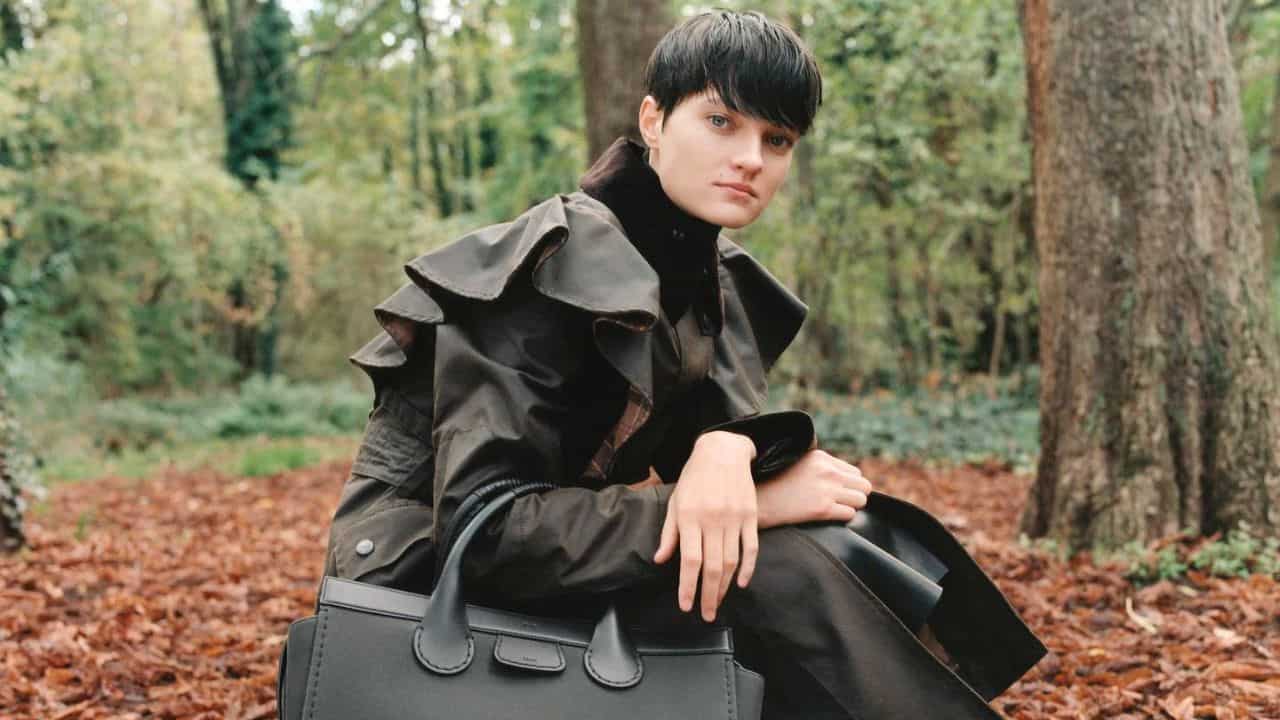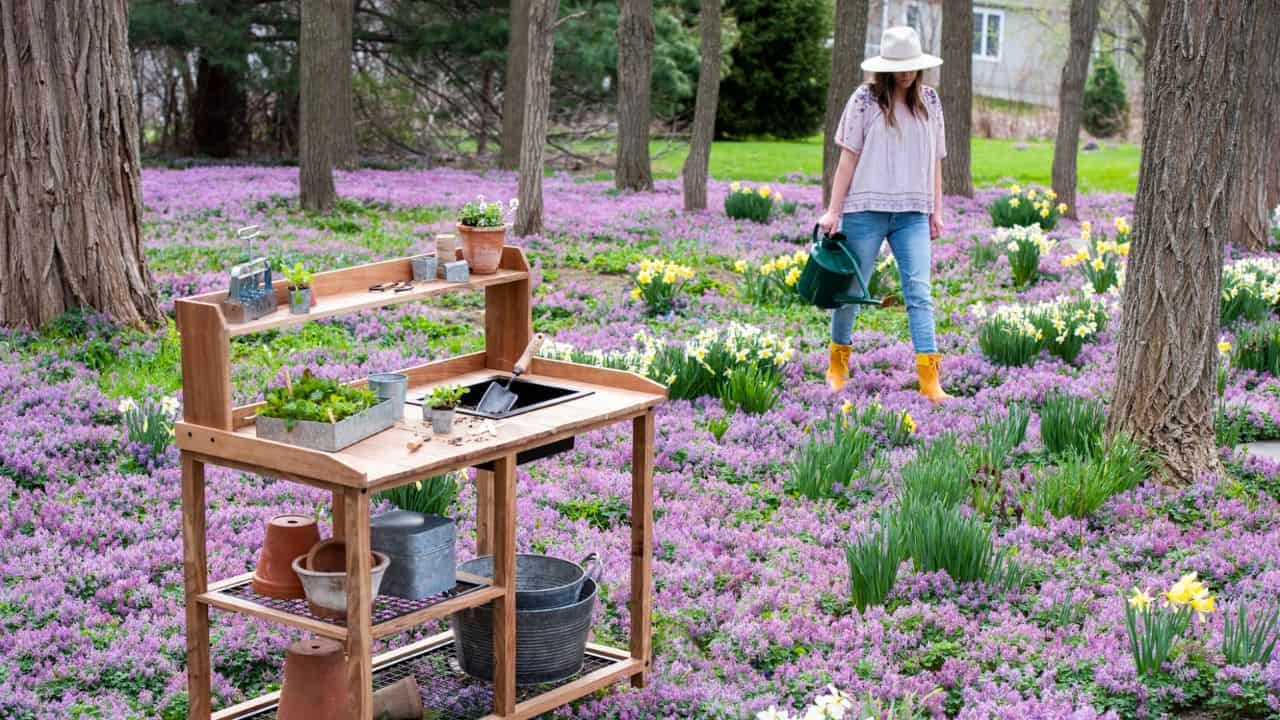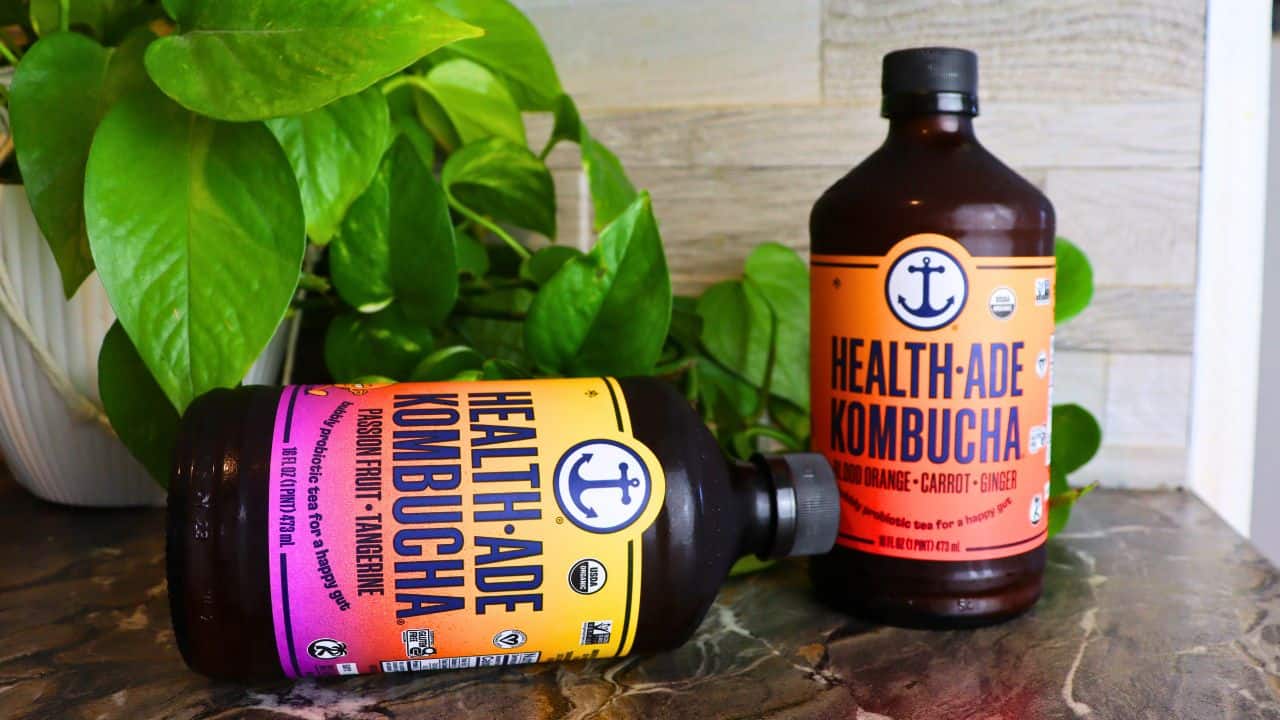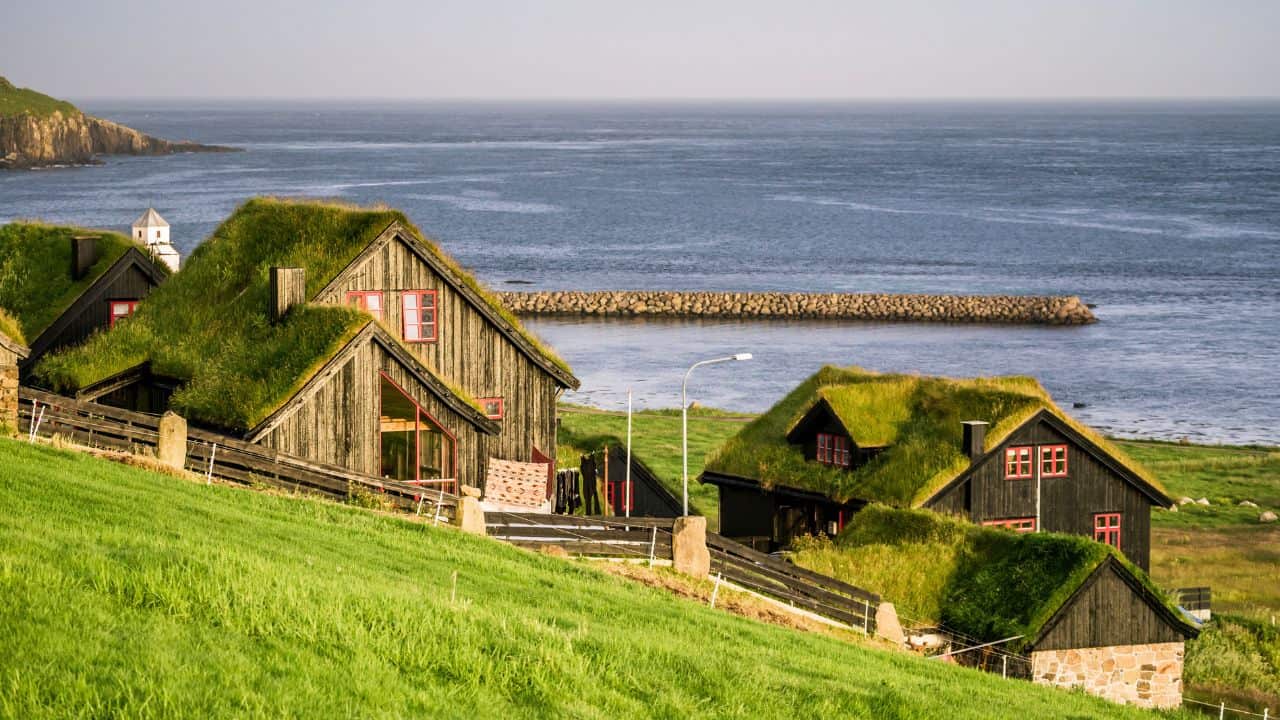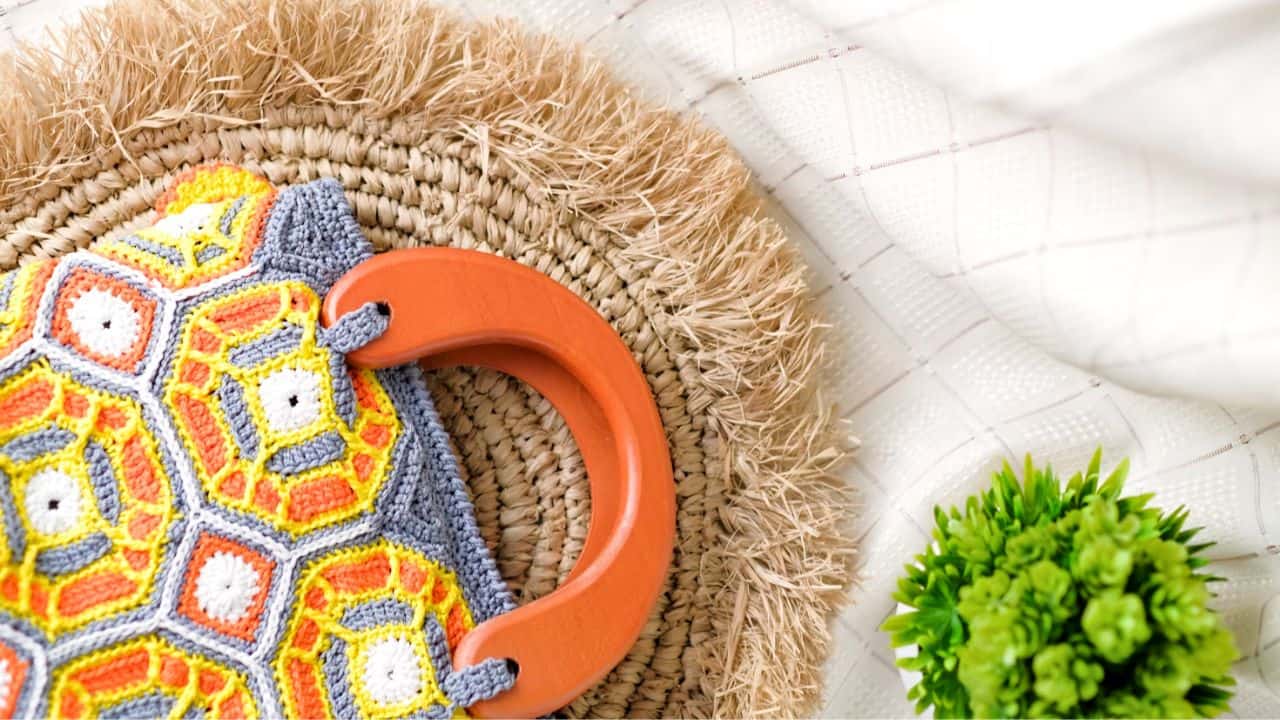Click on Ecosia and it’s just like being on Google. Well ok, Bing then. It’s Bing with an environmental mission. Each ad you click on earns the search engine money, with which it plants trees.
If you’re scratching your head and going ‘ok….’ and looking for a catch you wouldn’t be the only one. We caught up with Nikola Maksimovic, product manager for the UK, to talk about how search translates to trees, transparency and the power of conscious living.
Set up in 2009 by Christian Kroll, Ecosia is an independent search engine in an age where we’ve almost forgotten that Google is a brand name not a verb. Roll back 20 years and early internet searchers had a variety of sites to choose from (remember Netscape?) before Alphabet’s behemoth came to dominate. But there is life outside Google.
For consumers there’s a quick install and you’re away, Googling, (er, we mean searching) as per normal. Click on an ad and a percentage of the profits go to Ecosia (just as they do to Google).
“It’s the same as any other search engine, except instead of the profits going to shareholders, we give them to reforestation projects” explains Maksimovic.
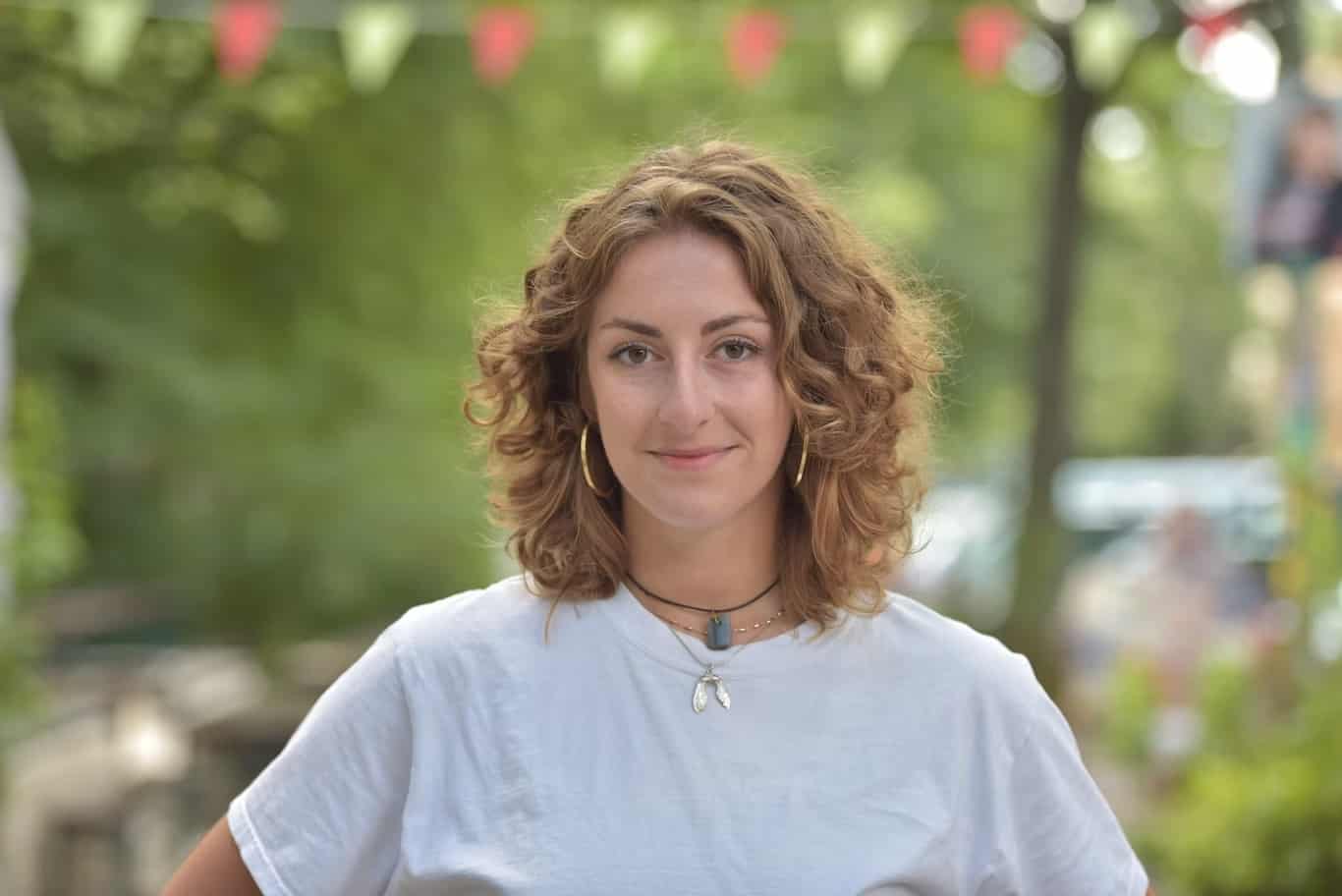
“So much corporate bullshit and greenwashing is thrown around, when something real comes along that’s honest and open, it’s hard to believe it”
So far Ecosia have planted 5.5 million trees, donating nearly €3 million in total. Look for the
“It can feel hard to affect real change as an individual,” says Maksimovic. “But the trees are out there, you can see the impact you’re having on somewhere else. It’s more tangible than turning off a light.”
Currently working in Burkino Faso in the Sahara Desert, San Martin in Peru where the land has been badly deforested due to intensive cocoa growing and in Madagascar where it’s helping to replant coastal forests that are essential for biodiversity, the projects Ecosia fund have been chosen because the trees also help rebuild more sustainable communities.
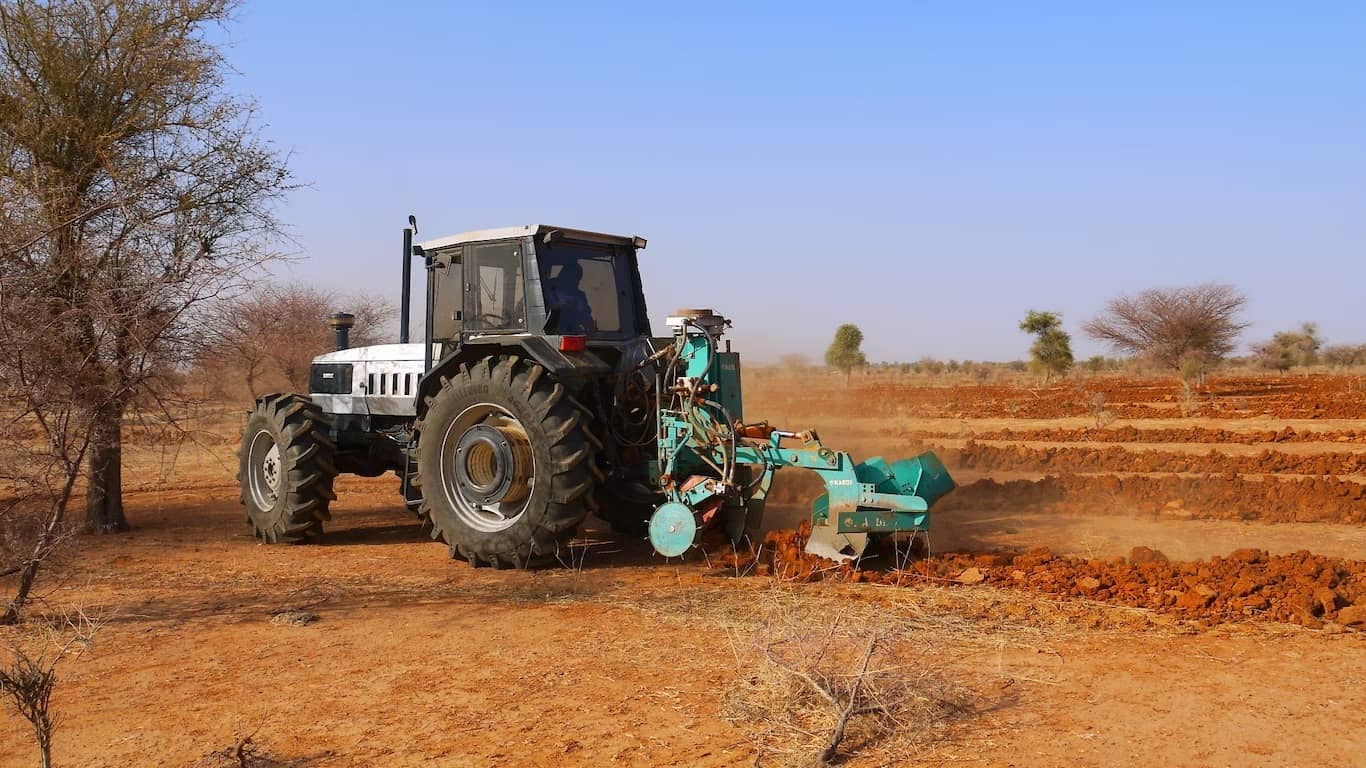
Start slow, don’t fail
Ecosia currently has 2.5 million users. It belongs to a less popular type of start up, the slow and steady tortoise, rather than the fail fast hare of today’s dot.coms. But having only planted its five millionth tree a few weeks ago and now heading rapidly towards six million, its growth curve is heading sharply north.
“We’ve just hired a tree planting officer. He’s a reforestation guru and will visit our sites and liaise with people on the ground but he’ll also look for the best programmes for us to invest in,” says Maksimovic. “We want to invest more money soon but we want to make sure we put it where it has the most impact.”
And we’re not talking small change here. Ecosia currently donates around €100,000 a month to its three programmes, but its growth means this figure is going to increase.
Honesty works
Part of Maksimovic’s work is convincing people that it is that simple. That clicking on ads results in planting trees (although they openly discourage people simply doing that without using it for organic searches. Plus the algorithms can tell a fake click apparently).
“Sadly so much corporate bullshit and greenwashing is thrown around, when something real comes along that’s honest and open it’s hard to believe it,” she says.
Ecosia was the first company to be awarded BCorp accreditation in Germany. It publishes every donation receipt and business report on its website along with videos and pictures of the work it’s funding.
“Businesses have to be transparent. I hope more companies do it because it’s beneficial. By being honest you get your customers’ loyalty – something big brands spend millions on trying to buy,” Maksimovic says.
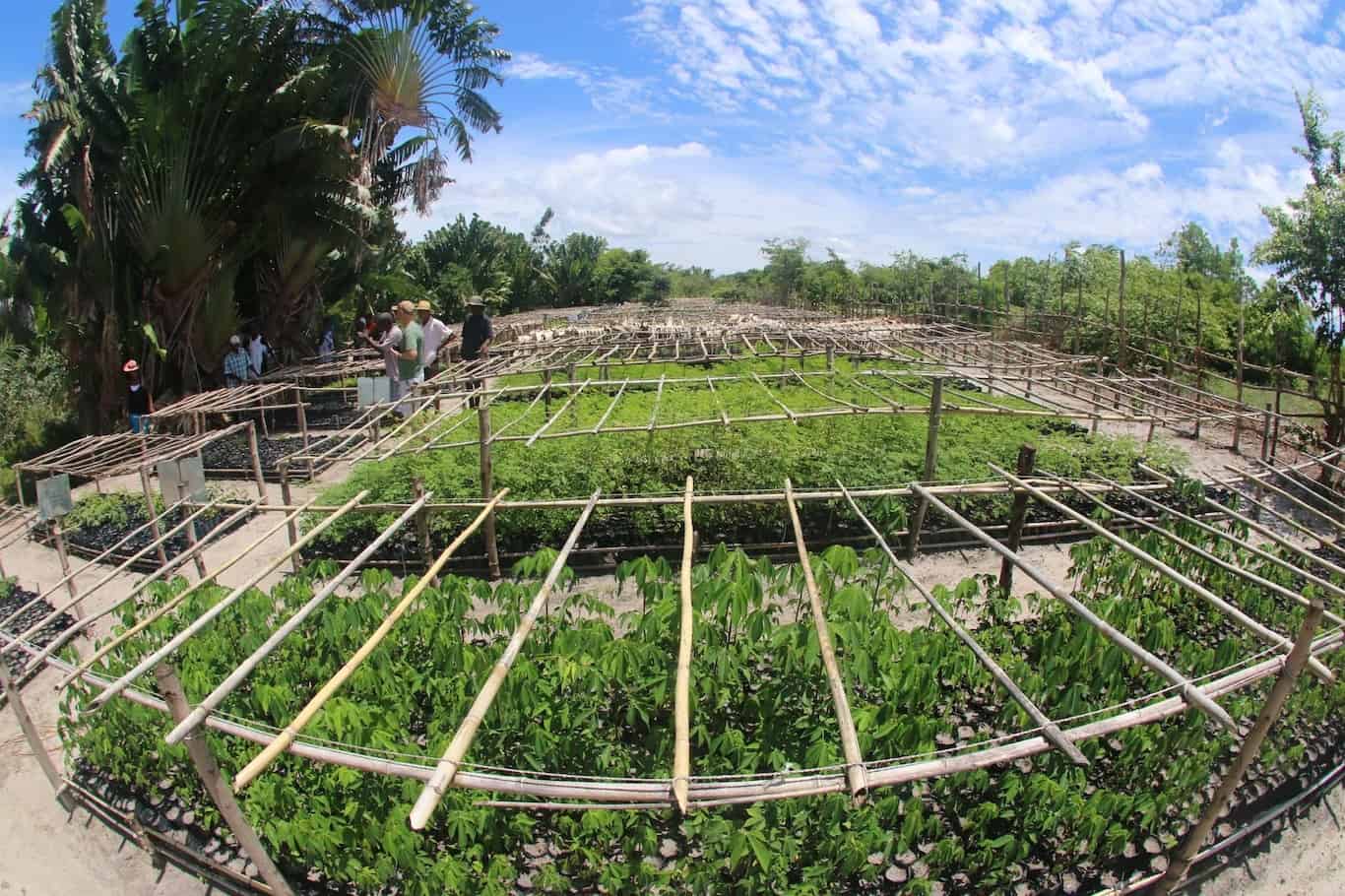
Conscious choice
It’s not easy thinking what’s best for the environment all the time. Very few people have the luxury of being able to do it. But for Maksimovic, businesses like Ecosia are ways to chip away at doing something good and make choices that are positive for the world we live in.
“It’s not just about buying organic food but all the small positive choices you make that help the world – where you choose to search, where you get your energy from,” she says. “We all Google things but at some point we all decided to use Google and now it feels like there’s no choice. Part of our push is to get people to remember that there is a choice in search engines.”
And if Google decided to copy their philanthropical model?
“If Google wanted to do what we’re doing, then we’d embrace it with open arms. They’d make a bigger impact on the world. We don’t count our success as being the biggest, it’s the impact on the environment that matters.”




